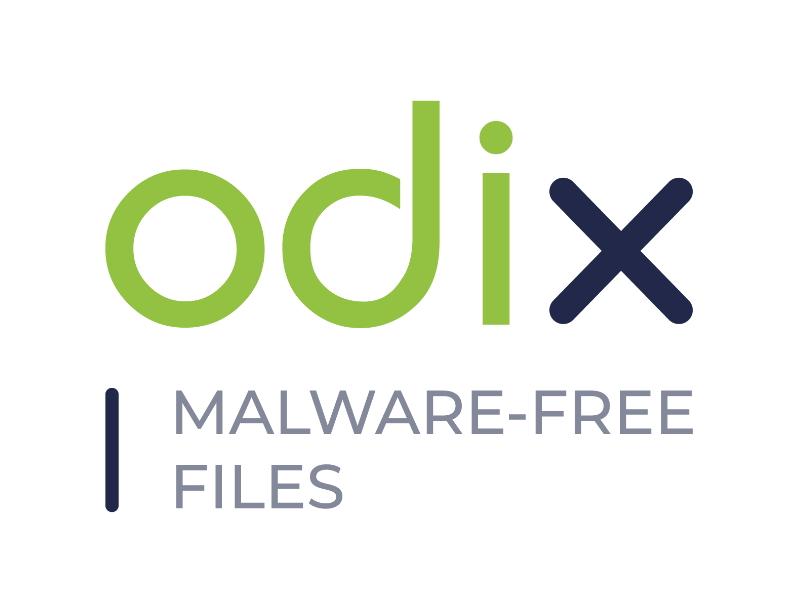
ODIX 2.0
A revolutionary cybersecurity SaaS helping small-medium business (SMEs) to protect their networks like large corporates do!
Niccolò Zazzeri
16 June 2019
15 June 2021
EC funded project
Incoming files present one of the most serious threats to every corporate network. Cyber attackers have the knowledge and resources to implement highly sophisticated attacks using various methods such as encrypted and distributed malware attacks, zero-day attacks and more. These are delivered via files which are introduced into the target network by various channels, including email, removable media, and web download. Malware attacks can create serious damage to the organization but current available defensive measures fail to provide any protection against such attack. The SMEs, accounting for over 95% of firms, require and demand special response to the vulnerability they have against cyberattacks.
Yet, none of the existing solutions in the market, even less those based on military technology, is giving answer to them. ODIX 2.0 is the next generation of malware protection that is revolutionizing the way organizations protect their company from known and unknown threats. While other solutions focus on analysing user’s behaviour and statistical data to try and DETECT the undetectable, our game changing approach is to proactively PROTECT, sanitizing every file (keeping their full functionality) with our unique anti malware technology.
odix`s file sanitization regime leverages our proprietary True Content Disarm and Reconstruction (True CDR™) technology. We call the process “odixing”.
odixing purges electronic media of malware by processing all incoming files using set policies. Files from a wide range of file types are tested to confirm that they match the respective file type standards. Then, the odix CDR Engine disarms and neutralizes subspecies code and then rebuilds files into clean versions that are sent to end users for immediate use. Unlike traditional anti malware technologies, odixing is effective against both known and unrecognized malware.
odix solutions are ideal for organizations that rely on ongoing incoming and outgoing file-based data exchange for productivity. Such exchanges provide numerous opportunities for hacking and insertion of malicious software including viruses, trojans, and worms.
Category:
- Secure systems and technology
Vertical Category:
- ICT
Resources for EU Research
Resources for SMEs
News & Events
Reports
Cyberwatching.eu has received funding from the European Union’s Horizon 2020 research and innovation programme under grant agreement No 740129. The content of this website does not represent the opinion of the European Commission, and the European Commission is not responsible for any use that might be made of such content. Privacy Policy | Disclaimer / Terms and Conditions of Use

